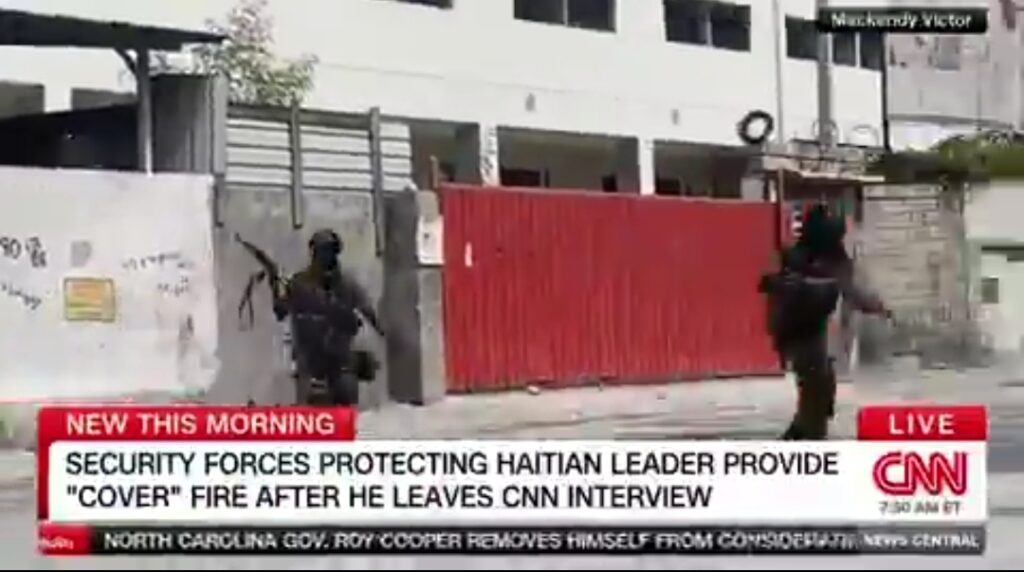Kenyan troops deployed to Haiti as part of a peacekeeping mission have faced another challenging encounter, this time with the notorious “Barbecue” gang.
The ambush marks the second significant attack on the Kenyan contingent, highlighting the volatile situation in the Caribbean nation.
The Barbecue gang, named after its leader Jimmy Chérizier—nicknamed “Barbecue”—is known for its violent activities and has been a significant destabilizing force in Haiti.
The Kenyan soldiers were tasked with helping to restore order and provide humanitarian aid amidst a backdrop of political instability and widespread gang violence.
However, their mission has proven perilous as they navigate an environment where heavily armed gangs frequently clash with both local authorities and international peacekeepers.
The recent ambush underscores the complexities and dangers faced by the peacekeeping forces, who must contend with unpredictable threats while striving to protect civilians and support local governance.
Despite the risks, the Kenyan troops remain committed to their mission.
They continue to work alongside other international forces and local authorities, aiming to bring stability to a country plagued by years of unrest.
The soldiers’ resilience and professionalism have been commendable, as they operate under harsh conditions and constant threat.
Their efforts are part of a broader international initiative to support Haiti in overcoming its challenges and moving toward peace and security.
The ambush serves as a stark reminder of the formidable obstacles faced by peacekeepers in conflict zones.
It also highlights the importance of international support and cooperation in addressing the root causes of violence and instability.
As the situation in Haiti remains tense, the Kenyan troops, along with their international counterparts, are focused on adapting to the evolving security landscape and ensuring the safety of the Haitian people.
Their bravery and dedication continue to be a source of hope for a nation in turmoil.


